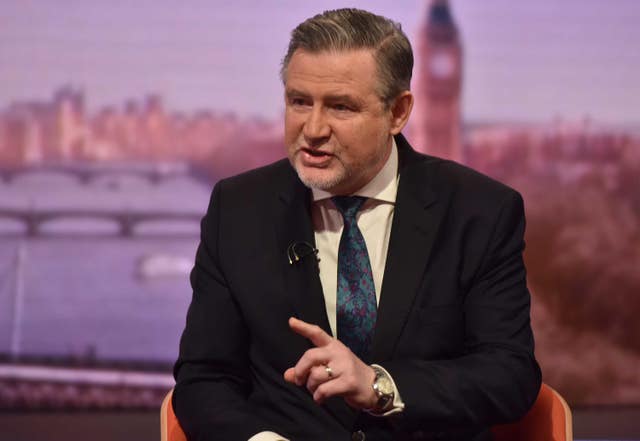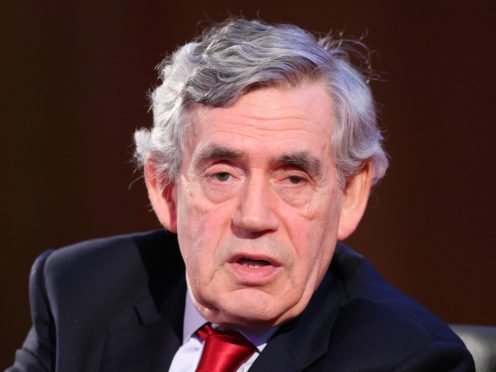Former prime minister Gordon Brown warned that changes to free TV licences for the elderly could push pensioners into criminality.
The Labour politician said that a BBC decision to take free licences from over 75s would be an attack on the poorest, and “taxation without representation”.
He was among numerous stakeholders who offered representations to the BBC over potential changes, which will now see the licence means-tested and available only to those receiving pension credit.

Mr Brown wrote to the BBC during its consultation on the future of the concession, the cost of which it inherited from the Government as part of its new charter.
He warned that pensioners who could not pay for the licence could become criminals after years of enjoying the concession.
Mr Brown has criticised the idea of an unelected body being given the power to decide the distribution of benefits.
He wrote: “We have to ask whether, after 20 years of free licences, the BBC can justify taking a frail, housebound, elderly pensioner to court for not possessing a TV licence that for years she has had for free, and then not only having the power to ask for a fine of £1,000 – the standard penalty – with legal costs on top, but also to have the power if she doesn’t pay or can’t pay, to ask the courts to send her to prison.”
His warning was echoed by Labour MP Barry Gardiner, who told the BBC: “Can you tell me how, after 20 years of free TV licences, the BBC could justify taking a housebound pensioner to court if they could not afford a TV licence?”
This isn’t ‘a compromise’ from the BBC or the UK Tory Government. This is daylight robbery of pensioners across th UK.
Predicating the free TV licence on pension credit which has already been cut is a deeply damaging & cynical act of betrayal. https://t.co/pZwmFnu0Oj
— Hannah Bardell 🏴🏳️🌈 (@HannahB4LiviMP) June 10, 2019
Scottish National Party MP Hannah Bardell also raised concerns, writing: “It’s a shocking fact that dozens of people, many of whom are women, are sent to prison every year for non-payment of their licence.
“As if this is not bad enough, to potentially prosecute people in their 80s and 90s and send them to prison for not being able to afford a TV licence is absolutely unacceptable.”
The free licence will now be means-tested, and 3.7 million pensioners are thought to be ineligible for the concession, with around 1.5 million households able to claim it.
The BBC said the the cost of shouldering the financial burden of free licences would have forced the broadcaster to cut major services.
Changes will come into effect in 2020.
